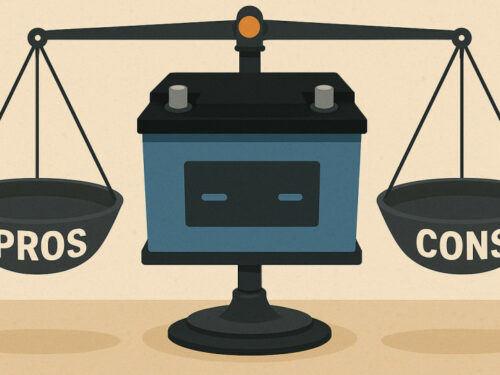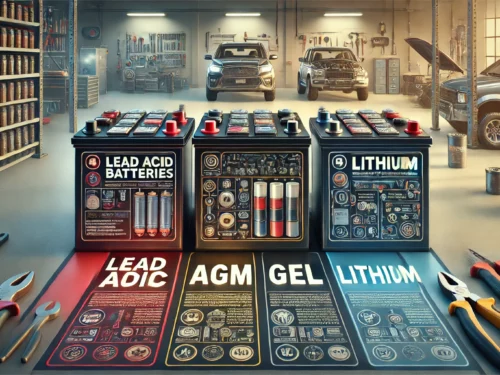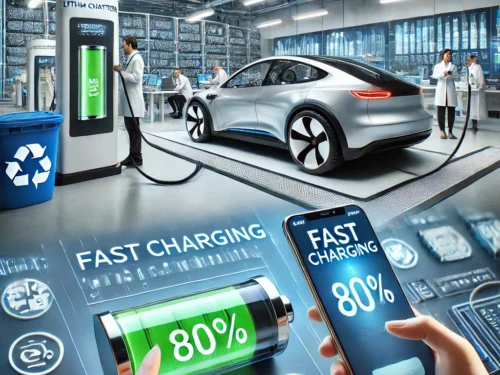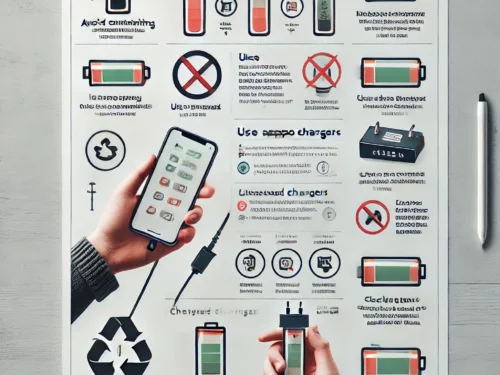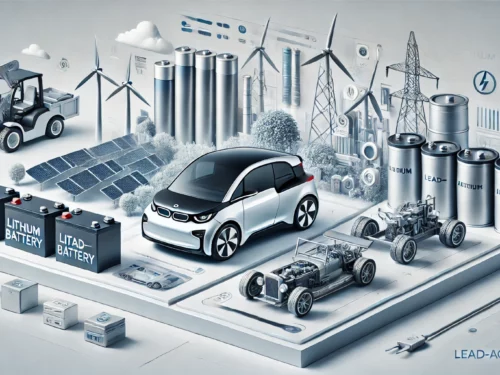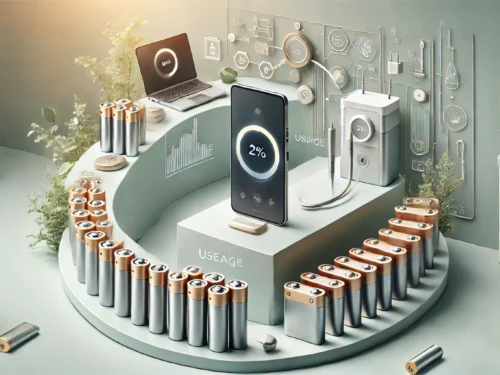
In an era defined by rapid technological advancement and a growing emphasis on sustainable energy, lithium batteries emerge as a cornerstone of the future. Pioneering the charge towards a more connected, mobile, and eco-friendly world, these power sources are more than just components—they are the heartbeat of modern innovation.
The Basics of Lithium Batteries
At their core, lithium batteries are marvels of chemistry and engineering. Comprising primarily of a lithium-based anode, a cathode, and an electrolyte that facilitates ionic movement, they stand in stark contrast to their lead-acid and nickel-cadmium predecessors. This fundamental difference in composition and design is what sets lithium batteries apart, offering a glimpse into a future powered by cleaner, more efficient energy sources.
The Science Behind Lithium Batteries
The magic of lithium batteries lies in their ability to store a significant amount of energy in a small package. This is due to lithium’s inherent properties—it’s the lightest metal and has a high electrochemical potential, resulting in batteries that boast a high energy density. During discharge, lithium ions move from the anode to the cathode through the electrolyte, creating an electric current. This process is reversible, allowing lithium batteries to be recharged and used over again.

Advantages of Lithium Batteries
The benefits of lithium batteries are manifold. Their high energy density means devices can run longer on a single charge, a boon for everything from smartphones to electric vehicles. They also enjoy a longer lifespan, with the ability to undergo more charge-discharge cycles before performance begins to degrade. Additionally, their efficiency and low maintenance requirements make them an attractive option for a wide range of applications.
Applications of Lithium Batteries
Lithium batteries have infiltrated almost every facet of modern life, thanks to their unique advantages.
- Consumer Electronics: From powering the smartphone in your pocket to ensuring your laptop can endure long hours without a charge, lithium batteries have become indispensable. Their ability to pack a large amount of energy into a small, lightweight package makes them ideal for the demands of today’s gadgets.
- Electric Vehicles (EVs): Perhaps nowhere is the impact of lithium batteries more profound than in the automotive industry. They are at the heart of the EV revolution, enabling cars to travel hundreds of miles on a single charge, thereby reducing reliance on fossil fuels and cutting emissions.
- Renewable Energy Systems: As the world shifts towards renewable energy, the need for efficient storage solutions becomes critical. Lithium batteries offer a viable way to store solar and wind energy, making it possible to keep homes powered even when the sun isn’t shining or the wind isn’t blowing.
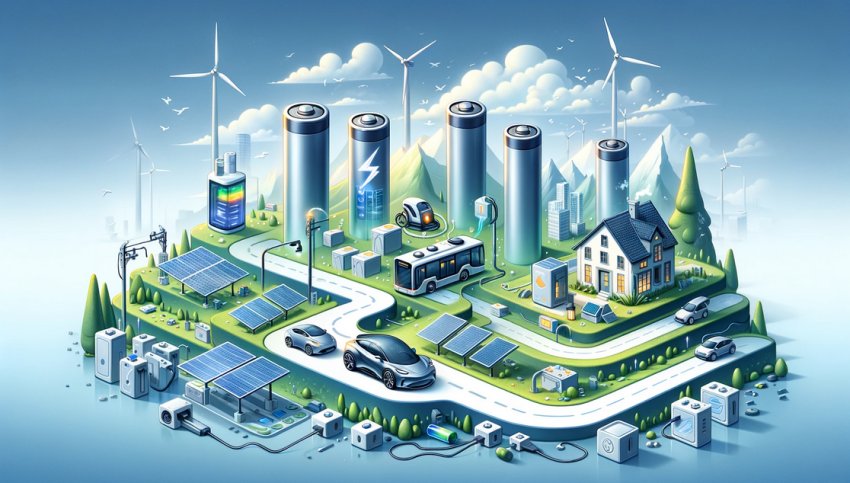
Challenges and Future Directions
Despite their widespread adoption and numerous benefits, lithium batteries are not without their challenges.
- Safety Concerns: Lithium batteries can overheat and catch fire if damaged or improperly handled. Manufacturers continue to research and implement safety mechanisms to mitigate these risks, ensuring that lithium batteries are as safe as they are efficient.
- Sustainability: The mining of lithium raises environmental concerns, including water use and habitat disruption. Furthermore, the disposal and recycling of lithium batteries pose significant challenges. Efforts are underway to develop more sustainable practices, from mining to end-of-life management.
- Innovations in Technology: The future of lithium batteries is bright, with ongoing research aimed at increasing their capacity, lifespan, and safety. Innovations such as solid-state batteries promise to revolutionize the field further, offering higher energy densities and eliminating many of the safety concerns associated with current lithium batteries.
Lithium batteries stand at the forefront of the energy revolution, powering everything from the smallest gadgets to the cars on our roads and the renewable energy systems in our homes. As we navigate the challenges and embrace the innovations ahead, lithium batteries continue to play a pivotal role in shaping a sustainable, technologically advanced future. Their story is far from over; it is evolving with every leap in science and engineering, promising to power not just our devices but our dreams for a greener, more connected world.

